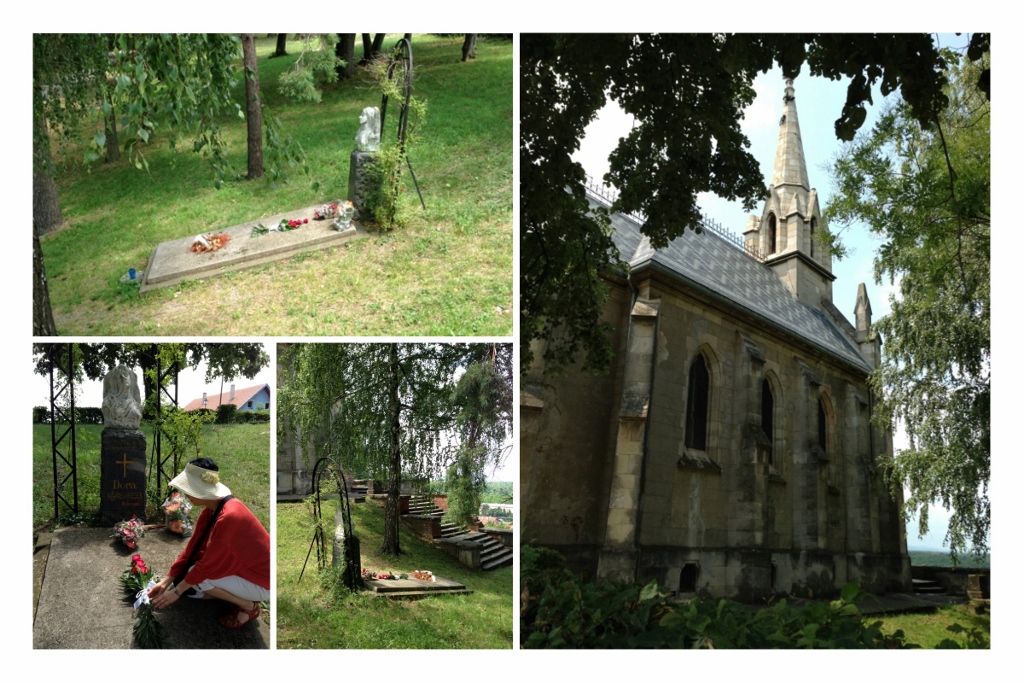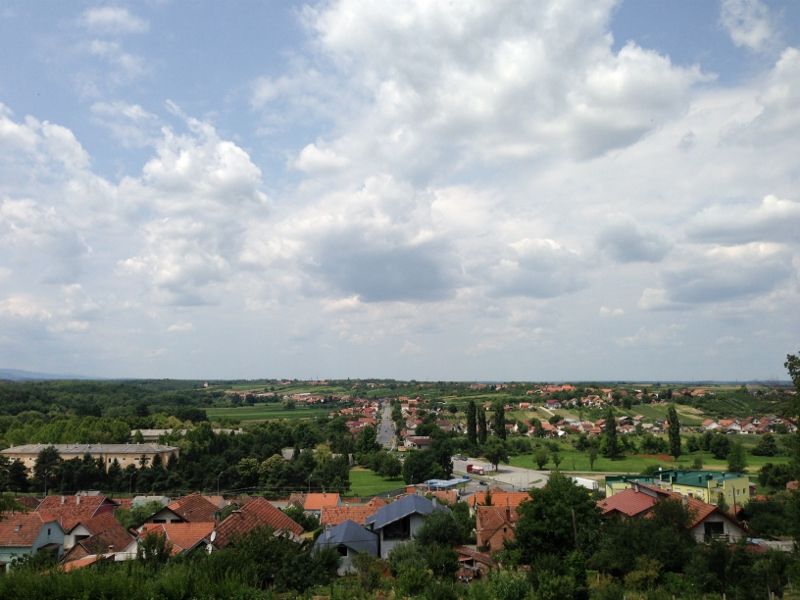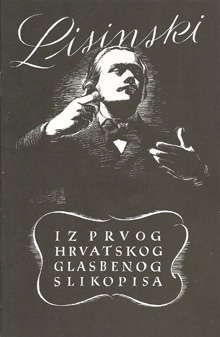Listen on YouTube
Benito Bersa : Tragic Symphony Op.25 "Four Memories of My Life"

Benito Bersa*1 (1873-1934)
Sinfonia tragica "Quattro ricordi della mia vita" (Tragic symphony - Four memories of my life) in C-minor, Op.25
I. Ouverture drammatica (Dramatic Overture), Op. 25a
II. Idillio "Il giorno delle mie nozze" (The Day of my Wedding), Op. 25b
III. Capriccio-Scherzo, Op. 25c
IV. Finale "Vita nuova" (New Life), Op. 25d (unfinished*2, piano sketch)
*2 later orchestrated, along with other unfinished works, by Bersa's student Zvonimir Bradić following Bersa's oral instructions and Bersa's handbook "The Principles of Modern Instrumentation" (which Bradić had completed as well)
*1 Benito Bersa (known as Blagoje Bersa), son of Filomena de Medici and Giovanni Rifembergo-Bersa de Leidenthal
Benito Bersa : Tragic Symphony Op.25 "Four Memories of My Life"

Benito Bersa*1 (1873-1934)
Sinfonia tragica "Quattro ricordi della mia vita" (Tragic symphony - Four memories of my life) in C-minor, Op.25
I. Ouverture drammatica (Dramatic Overture), Op. 25a
II. Idillio "Il giorno delle mie nozze" (The Day of my Wedding), Op. 25b
III. Capriccio-Scherzo, Op. 25c
IV. Finale "Vita nuova" (New Life), Op. 25d (unfinished*2, piano sketch)
*2 later orchestrated, along with other unfinished works, by Bersa's student Zvonimir Bradić following Bersa's oral instructions and Bersa's handbook "The Principles of Modern Instrumentation" (which Bradić had completed as well)
*1 Benito Bersa (known as Blagoje Bersa), son of Filomena de Medici and Giovanni Rifembergo-Bersa de Leidenthal












 I honestly apologize, but I have never raised a question without giving context/explanation. I thought one should contact a moderator only if one intends to create a new topic about a composer or his particular work one is not certain if it falls within the Forum's scope. Ultimately, you're not obliged to answer either.
I honestly apologize, but I have never raised a question without giving context/explanation. I thought one should contact a moderator only if one intends to create a new topic about a composer or his particular work one is not certain if it falls within the Forum's scope. Ultimately, you're not obliged to answer either.